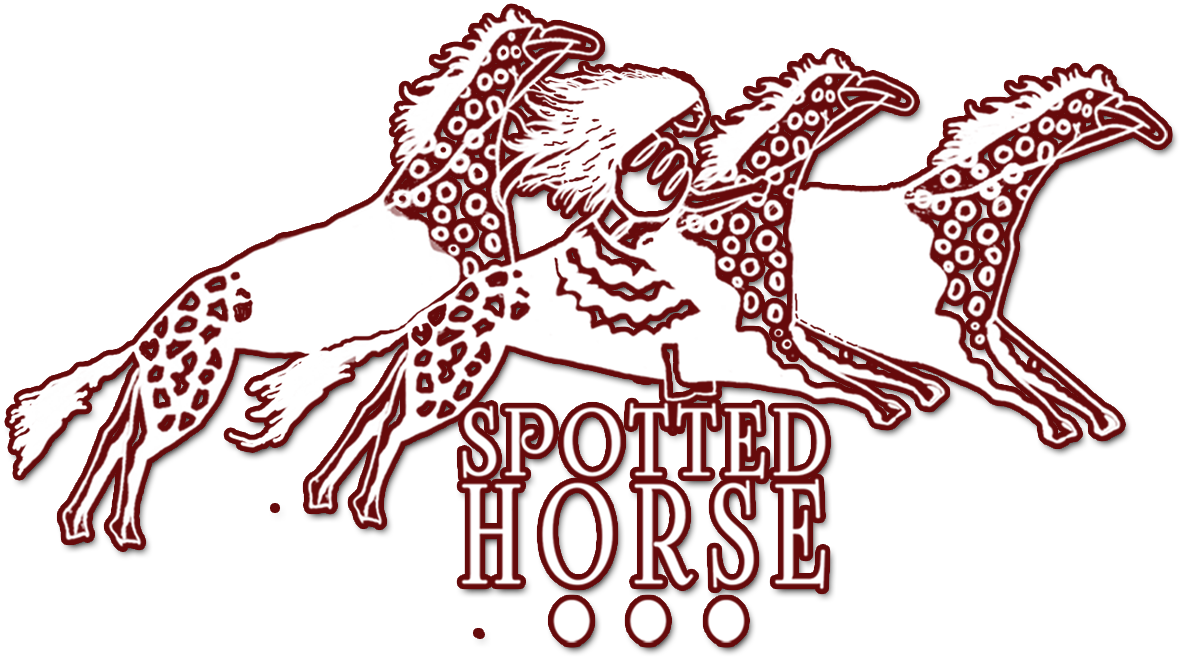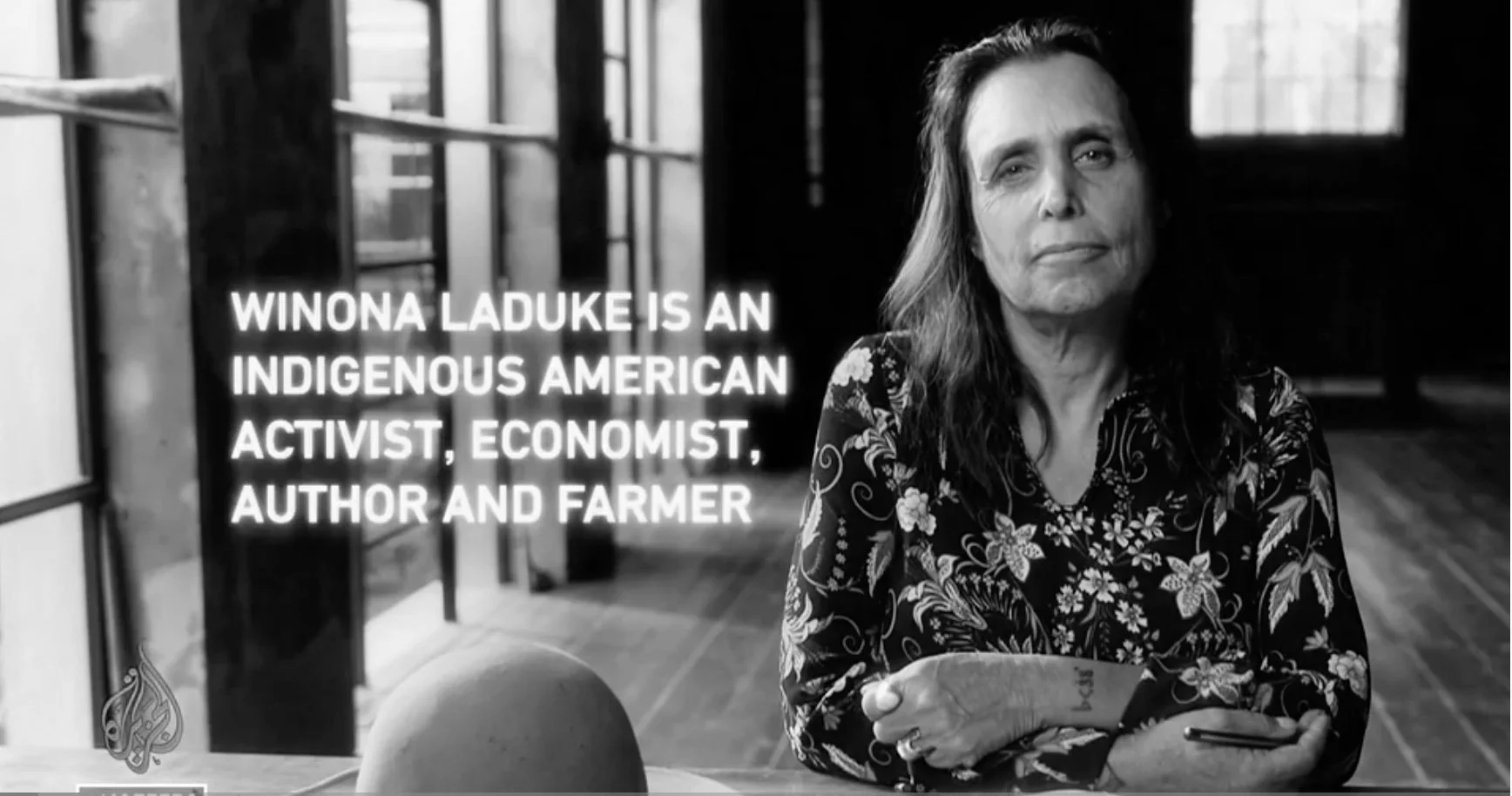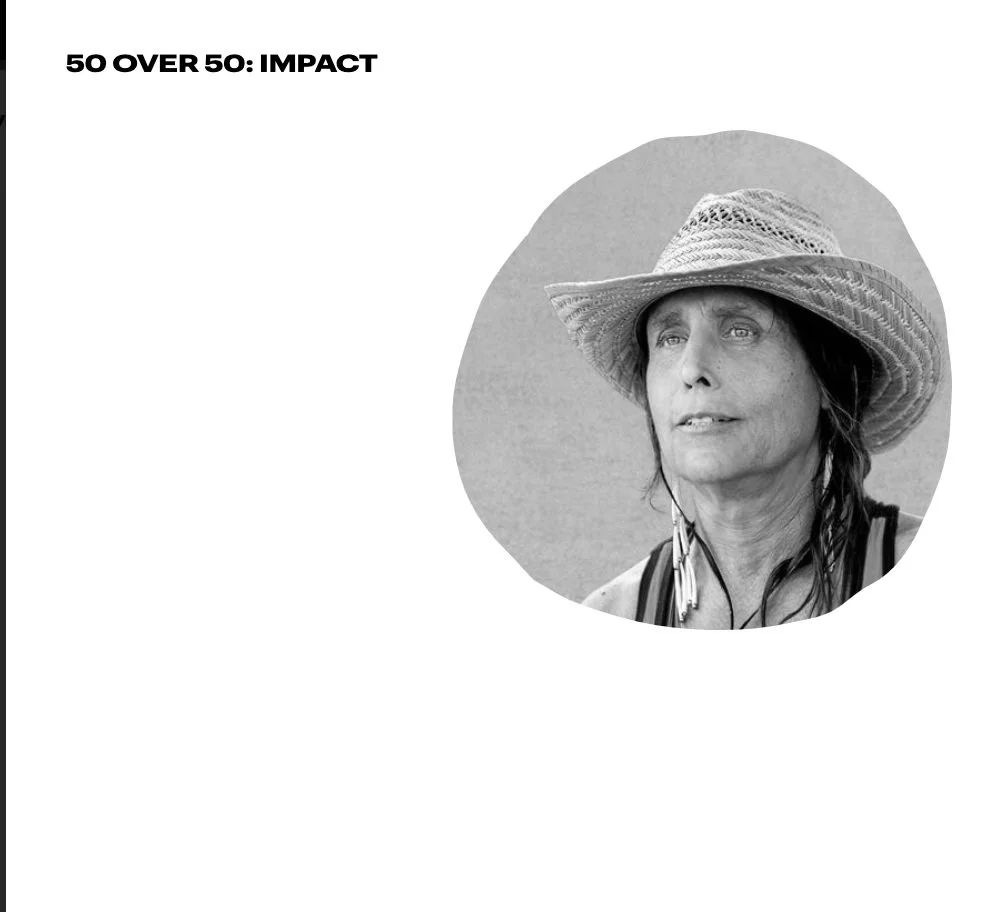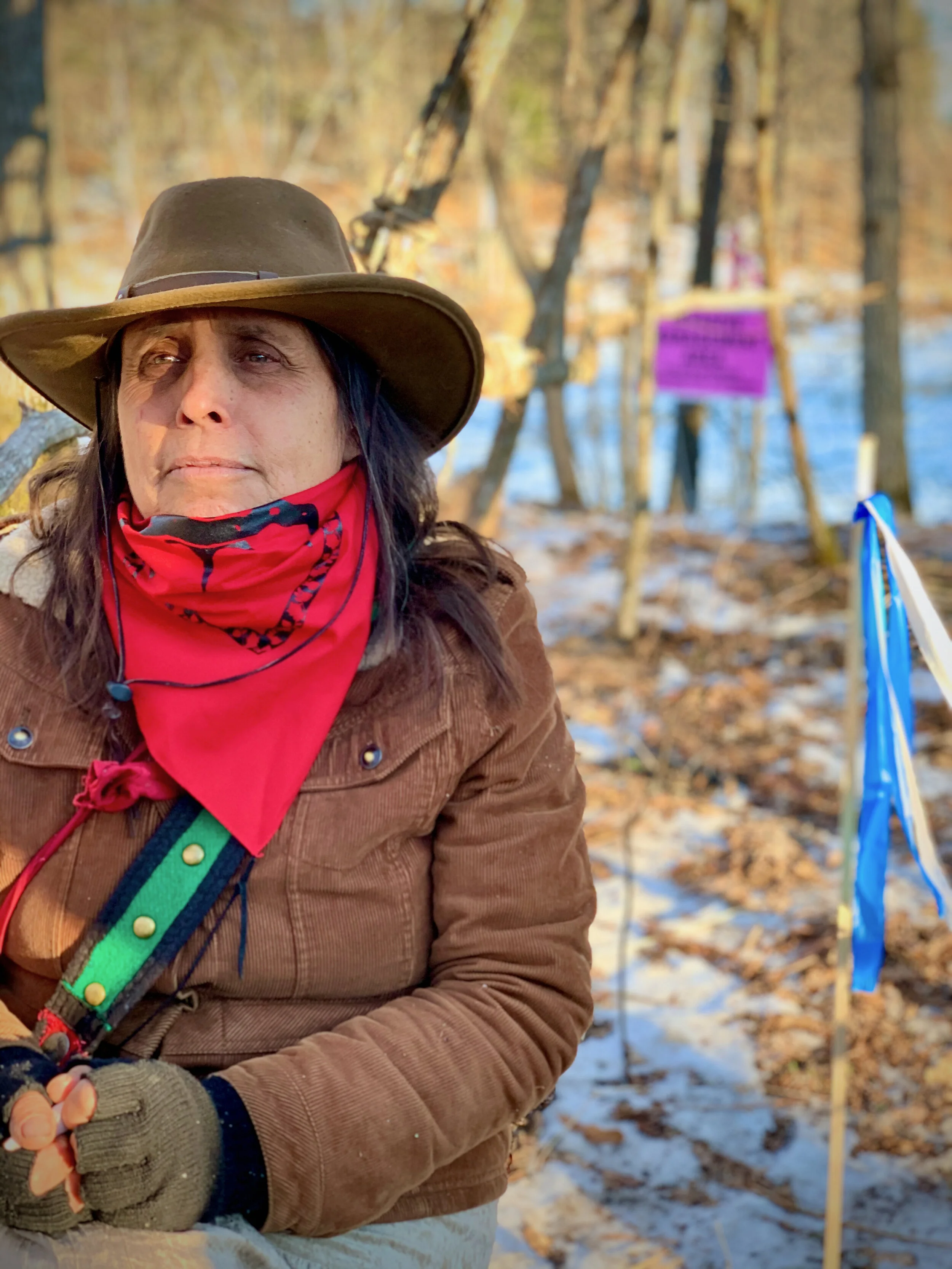"BirdLife International and Audubon celebrate by women conservationists and activists across the world who are taking the future into their own capable hands."
Audubon Society, and BirdLife International inspired by women conservationists, Women In Flight, and activists across the world who are taking the future into their own capable hands. Winona LaDuke, is an economist, environmentalist, and writer known for her work on tribal land claims and preservation, as well as sustainable development.
Podcast: 'Don't Pick A Fight With Mother Earth, You're Not Going To Win.' Winona LaDuke on Indigenous Sovereignty, Land Back, and Fighting Pipelines.
'Don't Pick A Fight With Mother Earth, You're Not Going To Win.' Winona LaDuke on Indigenous Sovereignty, Land Back, and Fighting Pipelines
Video 2022 MLK Keynote Villanova: Winona LaDuke Sacred Relationships: The Land, Justice and Redemption
Winona LaDuke welcomed as new leader of SOLIDARITY COUNCIL ON RACIAL EQUITY
Aljazeera Studio B: Unscripted: Indigenous and anti-apartheid lessons for climate justice with Kumi Naidoo and Winona LaDuke
Activists Kumi Naidoo and Winona LaDuke on how to sustain resistance movements and secure a just economic transition.
From the front lines of the anti-apartheid and environmental justice movements, this episode of Studio B: Unscripted features two lifelong activists.
WINONA LaDUKE NAMED TO FORBES “50 OVER 50 – WOMEN OF IMPACT” LIST; MORE THAN 10,000 NOMINATIONS WERE SUBMITTED
Democracy Now! celebrated 25 years on the air with a virtual event on December 7th. Special guests included, Winona LaDuke
Women In History - Winona LaDuke
From jail to Aspen: Winona LaDuke headlines Wilderness Workshop benefit
Winona LaDuke Feels That President Biden Has Betrayed Native Americans
Winona LaDuke: Return to Rice Lake
Wild rice, or manoomin in Ojibway, is the way of life for this village, and for most of the White Earth Reservation. It feeds the body and it feeds the soul, with hundreds of thousands of pounds produced for not only our community but for sale. Today the manoomin is feeding the souls, as tribal members and friends come and gather to honor the rice, and to challenge not only Enbridge, but the Minnesota Department of Natural Resources, which has just allocated 5 billion gallons of water to Enbridge for Line 3, in the middle of the deepest drought we can remember.
The Women Over 50 Making A Difference On The Environment
Mother Earth Day Special Event from Honor the Earth & Native Roots Radio!
Women Are the Protectors
When Enbridge comes in, there are big bulldozers, excavators, backhoes, and people that walk through the forest beheading trees before they come back for the rest. They are coming at the rivers with a high directional drill: the Mississippi, the Willow, the Shell, the Little Shell, the Crow Wing — 22 river crossings. They plan to shove in a 36- inch pipe, so it can move 915,000 barrels a day of the dirtiest oil in the world across 337 miles of Northern Minnesota to Lake Superior. All for a dying industry.
Tribes Revive Traditional Hemp Economies A post-petroleum transition plan.
More than 20 years ago, Alex White Plume, a leader of the Oglala Lakota, planted his first hemp crop on Wounded Knee Creek, on the Pine Ridge reservation in South Dakota. I call White Plume “the Hemperer.” He’s considered to be one of the grandfathers of the cannabis economy for Native people. Like John Trudell, the great Dakota philosopher and musician, White Plume always said, “Hemp is the way.”
But in 2000, Drug Enforcement Administration agents raided the reservation and seized White Plume’s crop. In fact, there were several raids on his crop between 2000 and 2002. Two years later, he was ordered to stop growing. In 2016, the federal ban was lifted and in 2017, White Plume partnered with Evo Hemp to make hemp supplements. He’s just beginning again.
Not surprisingly, White Plume feels a bit resentful of the profits being made in what’s now become a largely White-dominated industry, while his tribe had to sit on the sidelines.
But the potential for Native people to benefit economically in the hemp industry still exists.
Now White Plume is involved in processing hemp, and plans to make a vertically integrated Lakota industry. He envisions a sustainable industry that will create high-paying jobs and bring in a steady stream of income for Lakota tribes.
GET YOUR FREE TICKET
“This is going to be all Lakota hemp, grown on Lakota [land], produced by Lakota, and we’re going to market it by Lakota,” White Plume says.
The hemp world is changing.
With 10,000 uses, hemp is one of the most versatile plants to grow—and in many ways can be a catalyst for change for Native peoples. We see a New Green Revolution in Indian Country, tied to justice, economics, restoration ecology, and a return-to-the-land movement, and it’s growing.
Just last year, the Ft. Berthold Reservation, Colorado River tribes, Iowa Tribe (Kansas and Nebraska), Yurok, Sisseton and Santee Dakotas, to name a few, all got their hemp plans approved by the USDA, but more than that, tribal growers and thinkers are considering hemp as part of the future for Indian Country. And young leaders like Muriel Young Bear, a Mesquakie woman from Iowa, and Marcus Grignon—a Menominee and project director at Hempstead Project HEART, a John Trudell initiative—represent a new wave of commitment.
Hemp Is the Way
With all but six states having either legalized, decriminalized, or medicalized marijuana, we’re experiencing a renaissance moment of cannabis, including hemp—its non-psychoactive relative. And it’s about time. In the next economy, hemp will be foundational to the just transition, or the New Green Revolution.
Let me explain.
In the 20th century, Norman Borlaug, called the Father of the Green Revolution, gave us advanced agricultural technology, including genetically modified plants. It’s been said among Native tribes that the United States had a choice between a carbohydrate economy and a hydrocarbon economy—an economy that depends on petroleum, coal, and natural gas. As I’ve written before, our current health, economic, and climate crises have proven we made the wrong choice.
The carbohydrate economy is one based on plants. Hemp grows easily; it is resilient and doesn’t require huge amounts of chemicals or water, although there are specific soil requirements for it to grow. It can be foundational to such an economy.
For the past five years, I’ve been a hemp farmer, with permits from the state of Minnesota. My business is called Winona’s Hemp, and our research partner is Anishinaabe Agriculture. In 2020, we grew 20 acres of fiber hemp, and are working with that hemp to create a local economy. We send off our high-quality, field-retted hemp to processers to make cloth for canvas textiles. Our plan is to restore a hemp economy without a lot of chemicals and fossil fuels. The traditional history of hemp is without fossil fuels. We’d like to do as much to restore that practice as possible—focused on appropriate technology, equity, and innovation.
Our focus has been in fiber varieties, with an interest in reducing any fossil fuel use in production and in processing. We’ve sourced varieties from Canada and Europe, with the help of Patagonia and our friends at the Lift Economy. We grew those seeds in fields on and around the White Earth Reservation. We did our best to plant with organic fertilizers, using fish emulsion and horse manure to build our soils. We learned from our experience and by talking to as many folks as possible.
That said, we have a lot of experience here in small field crops, horse cultivation, and traditional varieties. We grew in small plots, hand seeded, and in a larger 20-acre plot, mechanically harvested with some 40-year-old equipment.
We also put in a field with horses because some of our partnerships here involve not only our own horse-drawn agriculture, but our Amish neighbors’. We’ve come to collaborate, as we have similar interests in terms of technology and geography.
We provided seeds to tribes throughout the region, all interested in the same questions: How do you grow it? And, what can you do with it?
What we found is that the plant will teach you—don’t be in a rush. We are re-creating an industry from the seed to the product—whether smokable or for manufacturing. Some tribes are looking at materials processing—car parts, bags, etc.—others are looking at hempcrete, an improvement on concrete due to its sustainability and the fact that it is a carbon sink.
There’s a lot of room in the New Green Revolution. After all, if you are going to change the materials economy—well, the whole economy—you will need a lot of producers and also some folks in manufacturing. That’s the goal. Indeed, if hemp’s potential is realized, we can transform the materials economy, and that’s revolutionary. That’s our work now, to investigate, vet, and find technologies and economic models that can be replicated.
Tribes are in a unique position. Tribal sovereignty provides their governments leeway in the development of cannabis policies and will be a stabilizing force in turbulent times. Today, confusing regulations and lucrative growth in the cannabis industry set a complex scene, but tribal nations are in a position to continue a course they set. Tribes have the potential to revolutionize the industry. We have the land—we just need a bit of time, technology, and finances. This is an opportunity for justice—social and ecological—in this post-petroleum economic transition. And we are ready to go.
Winona LaDuke is a contributor to YES! Magazine
Winona LaDuke is an internationally renowned environmentalist, economist, author, and industrial hemp grower. She is executive director of Honor The Earth and founder of the White Earth Land Recovery Project and is known for her work on tribal land claims and sustainable tribal economies. She is an enrolled member of the Mississippi Band Anishinaabeg of the White Earth Nation in northern Minnesota. In 1996 and 2000, she was the Green Party’s vice presidential candidate. Her books include Last Standing Woman, All Our Relations and In the Sugarbush. LaDuke is a YES! contributing editor.
Indigenous groups and environmental activists are also calling on President Biden to stop the Dakota Access Pipeline and Enbridge Line 3
Audio: Winona LaDuke, Attracta Mooney get down to Earth in David Suzuki Podcast, Episode 4
Redemption, reconciliation or restorative justice
“The world is undergoing an initiation. The ancient knowledge of our ancestors and elders is needed now more than ever as we navigate through times of illness, painful division and social disruption. It’s time to call on the world’s spiritual midwives- those who can bridge us to the new paradigm.” – Angaangaq





















